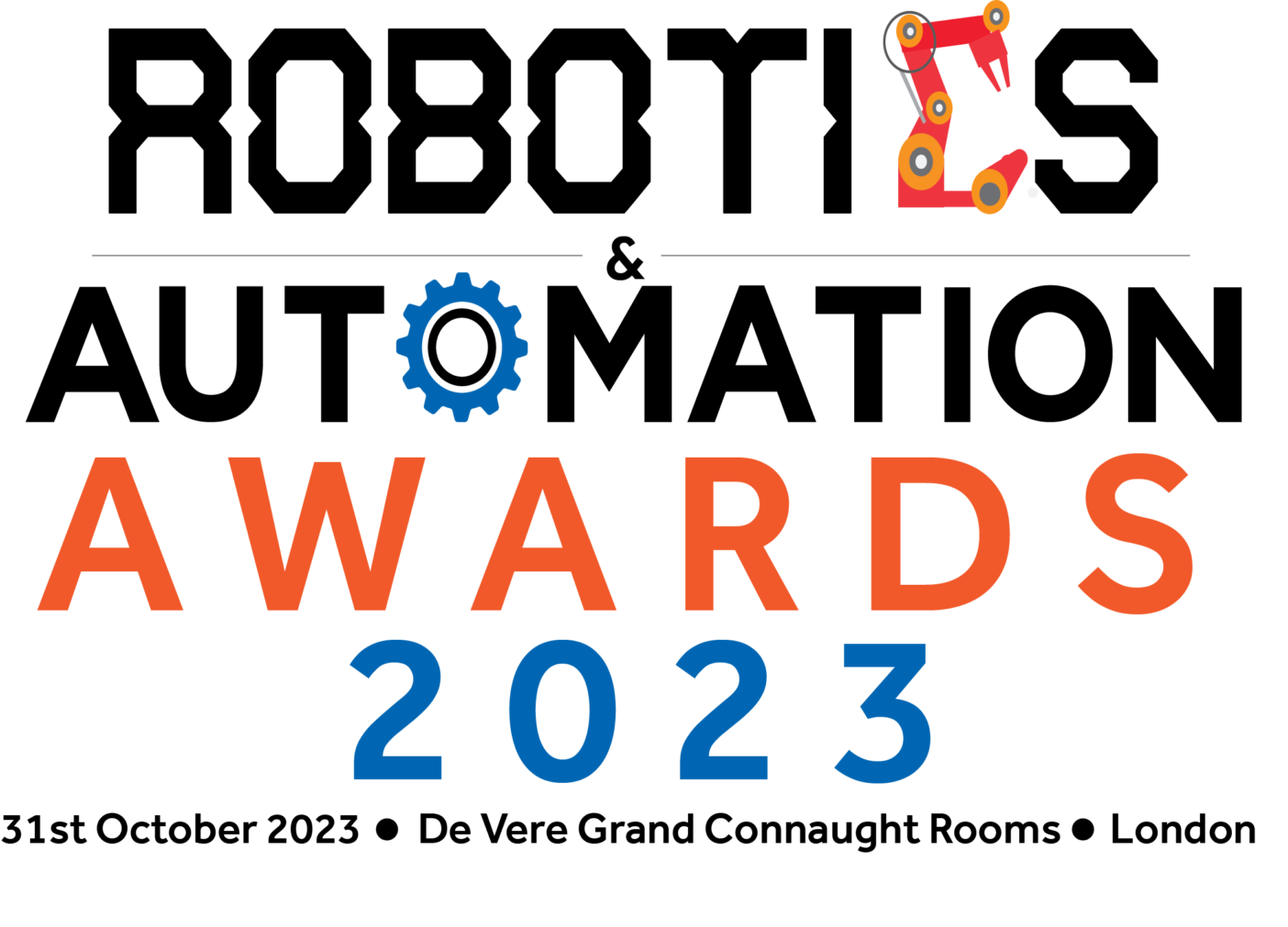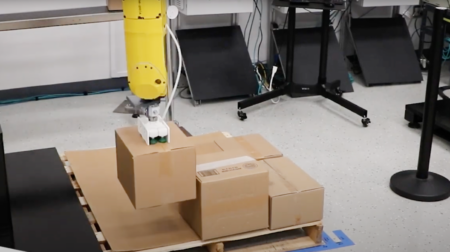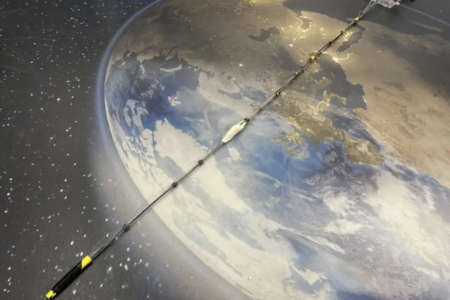The UK government, in partnership with Japan, has provided funding for new technologies to improve the disposal of nuclear waste, including remote handling, robotic and autonomous systems for decommissioning.
The new research is intended to help develop tech to identify and process radioactive waste, which will support the decommissioning of both Sellafield and Fukushima.
Japan’s treatment of nuclear waste after the 2011 Fukushima nuclear disaster has been met with some controversy, with the government recently pursuing the release of treated radioactive water from the power plant into the Pacific Ocean.
Read more: Robotic arm retrieves old nuclear waste in first for Sellafield
As part of The UK-Japan Civil Nuclear Research programme, two projects have been awarded a share of £1m provided by the Engineering and Physical Sciences Research Council (EPSRC), which forms part of UK Research and Innovation (UKRI).
Funding has been specifically awarded to research seeking to address: radioactive waste treatment, packaging and storage; remote handling, robotic, and autonomous systems in decommissioning;
environmental behaviour of radionuclide release; and the management of risk and degraded infrastructure.
George Freeman MP, UK minister of state at the Department for Science, Innovation and Technology, said: “Processing nuclear waste is an enormous challenge for human civilisation.
“Bringing together the UK and Japan’s brightest minds, to focus our shared expertise in sensing, data, chemistry and more, cuts to the core of what this Fund and our science superpower mission is all about – harnessing UK scientific leadership through deeper international collaboration for global good, to tackle the most pressing needs facing humanity.”
Dr Paul Murray from the University of Strathclyde will lead research to improve the detection, safeguarding, retrieval and disposal of radioactive debris.
This team will include researchers from Lancaster University, National Nuclear Laboratory, Osaka University, Japan Atomic Energy Agency and Nippon Nuclear Fuel Development Co. Ltd.
The Strathclyde-led project will seek to develop new inspection technologies using hyperspectral imaging and additional sensor technologies, signal processing and data fusion.
The second project to receive funding will be led by Dr Brant Walkley, from the University of Sheffield, and will attempt to use calcined clays as natural resources to engineer what are known as ‘geopolymer binders’.
Such binders will be used to try and safely cement solid radioactive fuel debris from molten core concrete comprising metallic alloys, oxides, and silicates, and slurries and sediments.
The first-ever Robotics & Automation Awards will be celebrating cutting-edge research projects through its R&D Innovation category. Interested in attending this unmissable event for the robotics and automation sectors and networking with pioneers in the industry? Book your table now!









